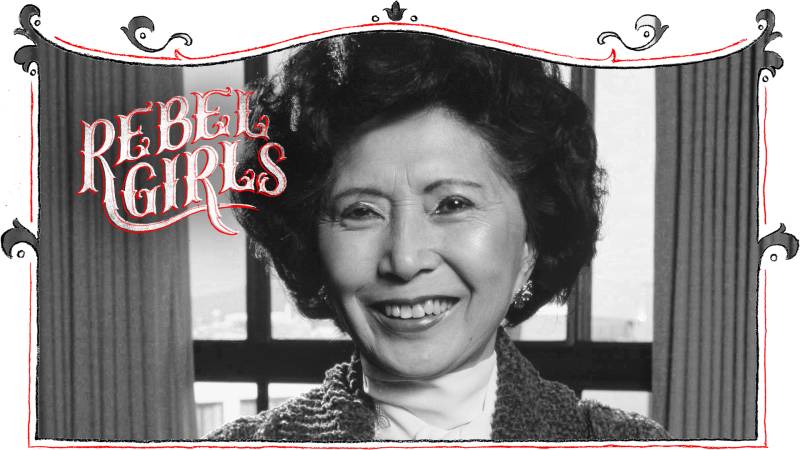I
n 1973, March Fong Eu stood before an audience at Foothill College in Los Altos and made a searing speech, titled The Self-Sufficient Woman. In it, she directed her gaze squarely at the patriarchy and despaired at the state of gender equality in America.
“Maybe if some men had to bear and rear unwanted babies themselves, they would understand better our resentment of laws relating to our reproductive systems,” she said. “Maybe if some men let their wives involuntarily control their income, they would understand better our resentment of present discriminatory statutes directed toward women as a class. And maybe if some men were raped, and, in pursuit of justice, they found that they had to reveal humiliating information about their past lives, maybe then they would understand the anger of women who feel they are doubly wronged by rapists and the laws concerning rape.”



